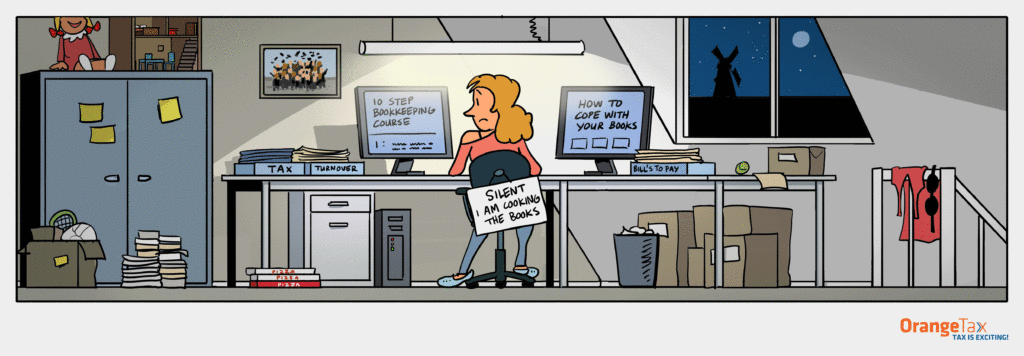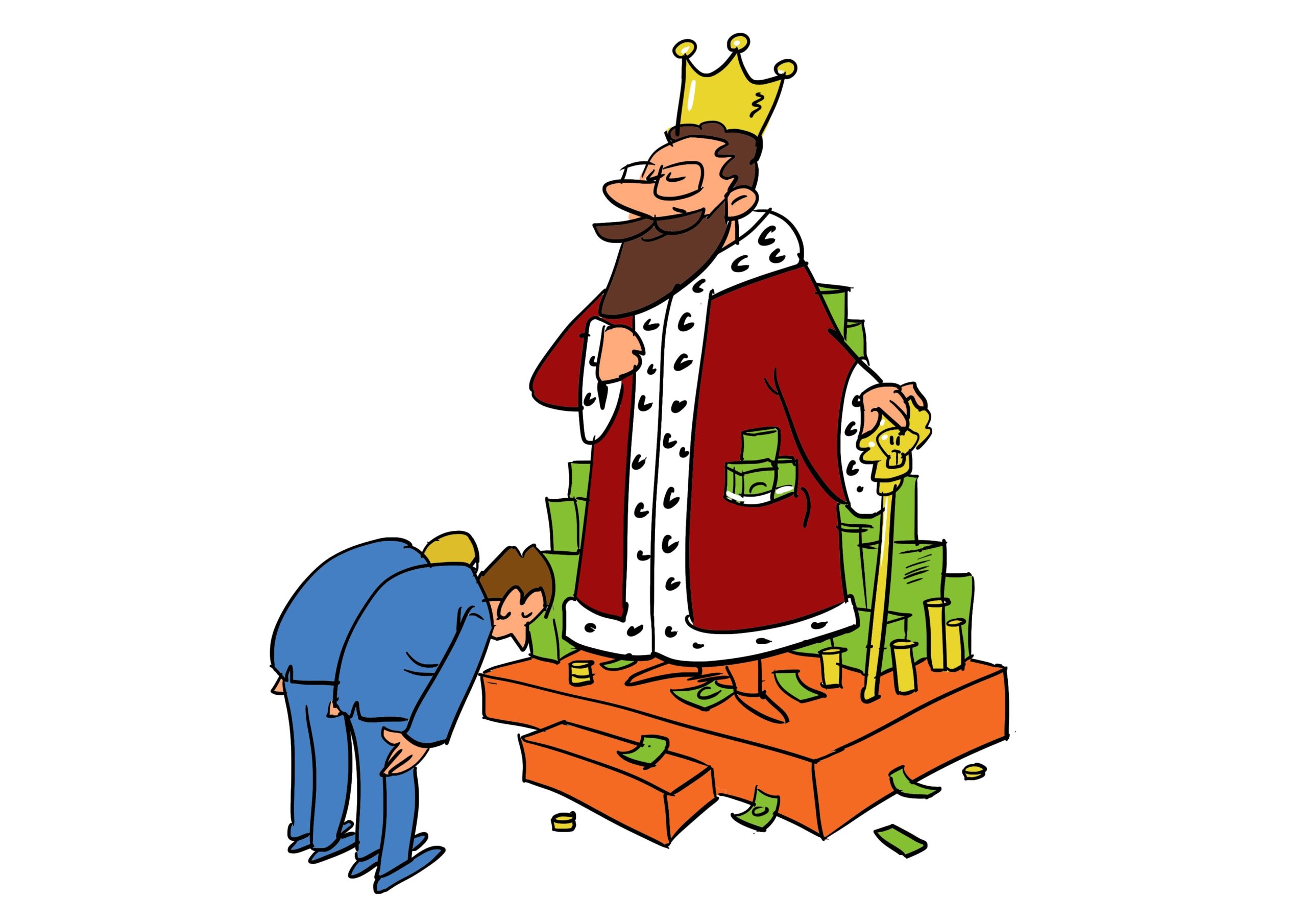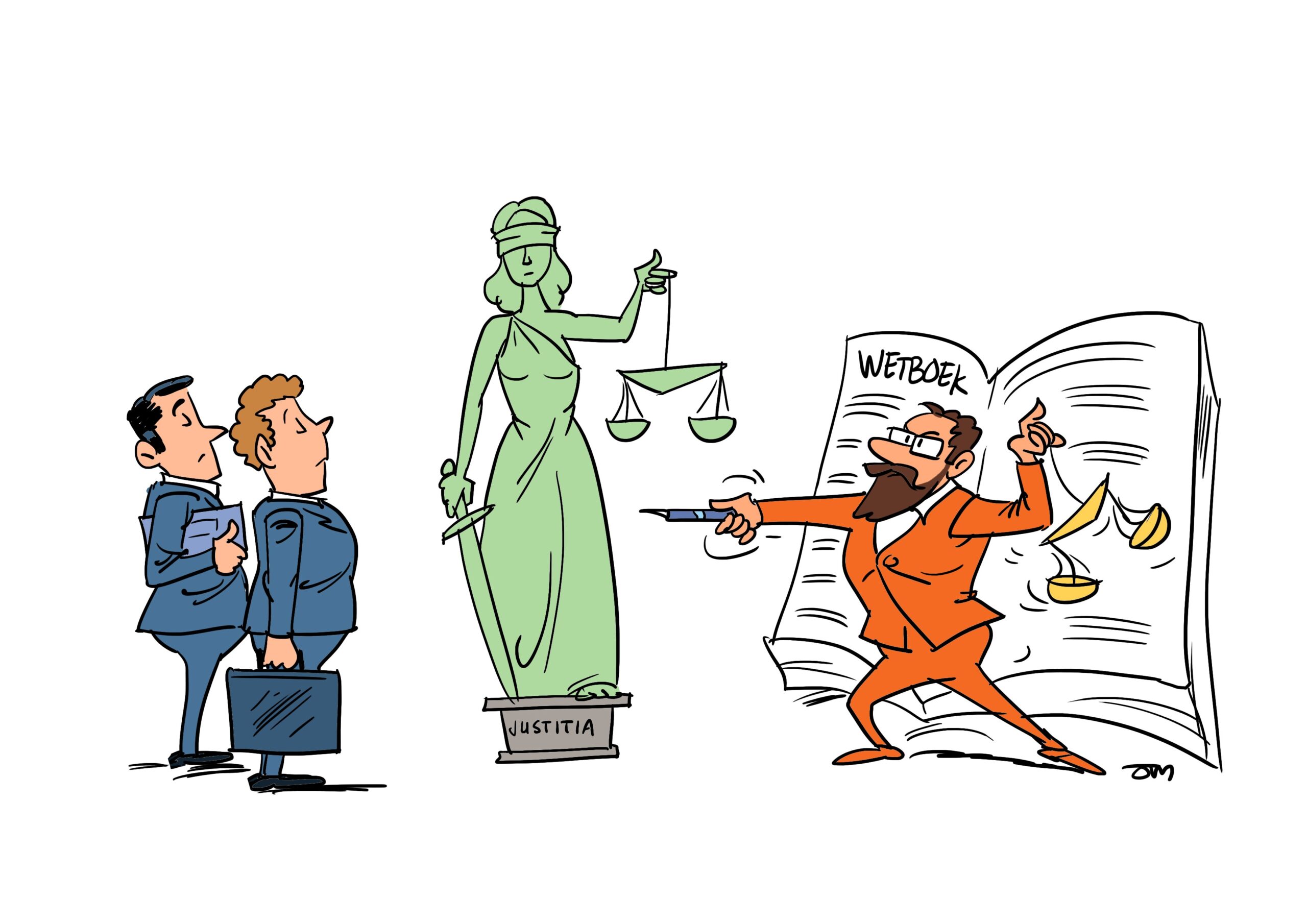Random depreciation of an investment is under conditions possible. What is an investment and what is random depreciation?
What is depreciation of investment
The guidelines in the Netherlands determine that a company made an investment when the amount excluding VAT of the company asset exceeds EUR 450. An investment you need to be able to touch, not being a car.
The same guidelines determine that a regular depreciation is done over a 5 year period in equal parts, pro rata. In case an investment can be sold for a value after the 5 year period, you can only depreciate till this value.
Example
You purchase a fancy desk that can go up and down electrical. Costs EUR 2100. After 5 years you expect the desk to sell for EUR 200. This implies you can depreciated over a 5 year period EUR 1.900, each year 20%. The desk you purchase September 1 of a year. This implies you owned the desk for four months. Hence 4/12 of the 20% you can depreciate in that year, being EUR 124.
5 year period
The 5 year period is set in stone, even if your investment does not last 5 years, like a laptop. Regardless, you need to depreciate over a 5 year period. In the event your laptop dies on you after three years, have this documented or proven one way or the other. In such an event, you can depreciate the remainder in full instantly.

Random depreciation
The criteria of the investment of EUR 450 or more apply to the random depreciation. However, a random depreciation is random, hence not lead by the 20% of the regular depreciation.
What are the conditions for random depreciation?
- The company that can apply random depreciation is the one man company or sole trader. The maatschap and the VOF. These last two types of companies are like the transparent sole trader company, but the entrepreneur is then not the sole entrepreneur. Multiple entrepreneurs are part of the activities.
- The starting entrepreneurs criteria applies during this period of random deprecation
The starting entrepreneur is an entrepreneur that works at least 1225 hours for the company and earns the majority of the income with this company. In the first three years of period you make the 1225 hours and majority of the income, you can apply the random depreciation.
The random depreciation helps entrepreneurs with the liquidity issues of starting companies. For instance, a EUR 10.000 investment is made. This implies EUR 10.000 has left the bank account. But only 20% pro rata is deductible from the result. Consequently, the entrepreneur pays over a higher result tax, then the bank account is showing. To put it simple.
Temporary advantage
The random depreciation is a temporary advantage. Not only can the depreciation only be used in the max three years that the company qualifies for the starting entrepreneurs deduction. Also in the end you can only depreciate the amount of the investment. The higher your random depreciation is at the start, the sooner the amount you can depreciate for that investment is zero. Whereas the regular depreciation would continue. Then again, the random depreciation does make you pay instantly less tax. That is always pleasant, what happens over a longer stretch, like a 5 year period is sooner forgotten.
Example
You are a starting entrepreneur and you purchased a fancy desk that can go up and down electrical. Costs EUR 2.100. After 5 years you expect the desk to sell for EUR 200. This implies you can randomly depreciate EUR 1900. The desk you purchase on September 1 of a year. You decide to fully depreciate the EUR 1.900 in this four months part of the year.
The philosophy is intact. You spend EUR 2.100 and can instantly deduct EUR 1.900 instead of EUR 124. Then again, the temporary advantage is also shown. In the first year the full depreciation is taken. Whereas with regular deprecation there are four more years to reduce the result of the company.
Tax is exciting
We think tax is exciting and we are excited about starting entrepreneurs. Most provide consultancy services. If you are making investments in the company that qualify for the investment deduction or random depreciation, we are happy to assist.





